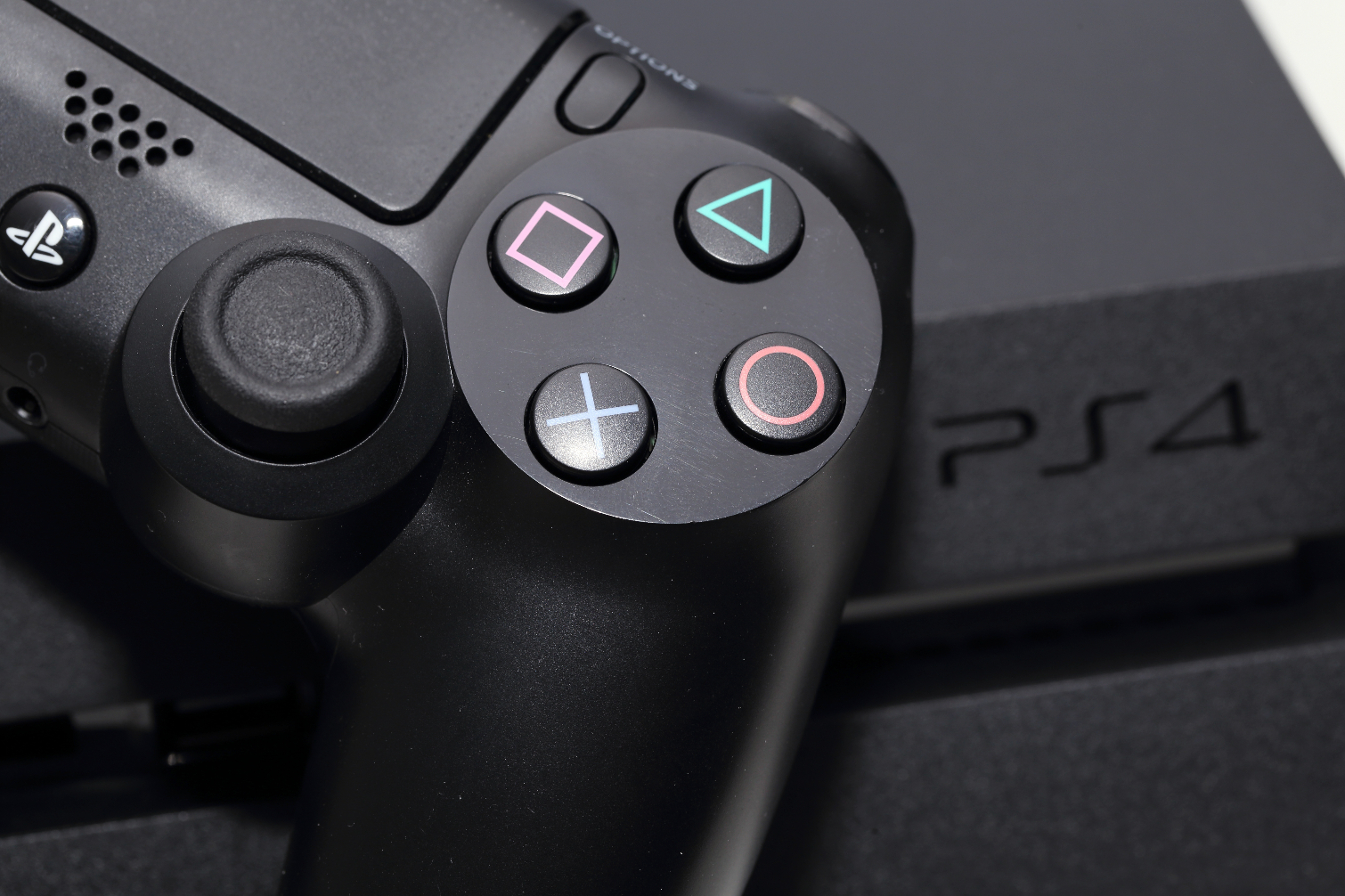Sony: US Tariffs Could Raise the PlayStation's Price
Sony repeated its warning that U.S. tariffs could raise the price of game consoles on Tuesday. So far the company hasn't needed to increase the price of the PlayStation 4, but with the possibility of U.S. tariffs on goods imported from China expanding to include another $300 billion worth of products, it said there's no guarantee it will be able to maintain the PlayStation lineup's pricing while remaining profitable.
The Wall Street Journal reported that Sony Interactive Entertainment (which manages pretty much everything involving the PlayStation) is Sony's most profitable unit. Sony finance chief Hiroki Totoki reportedly said the company hasn't decided how it would respond to additional tariffs, but it hasn't ruled out the possibility of passing some of the costs incurred by the tariffs on to consumers via increased prices.
This isn't the first time Sony has warned the U.S. about the consequences of expanding its tariffs. The company, along with Microsoft and Nintendo, submitted a joint comment to the United States Trade Representative in June with a similar message. The companies said 96% of consoles sold in the U.S. in 2018 were imported from China; having to change supply chains would incur a significant financial burden.
The console makers weren't alone in opposing tariff expansion. Apple filed a similar comment pointing out that, as "the largest corporate taxpayer to the U.S. Treasury," damaging its business with expanded tariffs could have a significant effect on the U.S. economy. Microsoft, Intel, Dell, and HP also opposed tariff expansion in a joint letter, and Gartner said on July 12 that U.S. tariffs could raise laptop prices.
U.S. President Donald Trump said in June that he decided not to expand tariffs on goods imported from China, at least for the time being, because China President Xi Jinping agreed to resume trade talks. That's left tech companies in limbo. Assuming the tariffs will expand anyway could backfire if trade talks are successful; assuming they won't expand could lead to problems if those negotiations fall through.
This isn't a great time for Sony to be left in limbo. The company plans to release the PlayStation 5, which will feature a Ryzen processor and Navi graphics from AMD, sometime after 2019. (An official release date hasn't been revealed, but Sony did say the PS5 won't arrive this year.) Having to worry about managing the costs of expanded tariffs probably isn't helping the company figure out the PS5's pricing.
Get Tom's Hardware's best news and in-depth reviews, straight to your inbox.

Nathaniel Mott is a freelance news and features writer for Tom's Hardware US, covering breaking news, security, and the silliest aspects of the tech industry.
-
bigdragon I think the government should rebrand the tariffs as "microtaxations." I'm personally finding it very hard to defend or even patronize the big gaming companies anymore because of their boundless greed. Maybe stop publishers and developers from patching in microtransactions a month or two after launch and I'll be more sympathetic. Until then, go ahead and nail platform providers with tariffs.Reply -
btm231 Reply
What exactly does tax on goods have to do with software developers? Sony will not be impacted here... only the consumer. They will make sure of it.bigdragon said:I think the government should rebrand the tariffs as "microtaxations." I'm personally finding it very hard to defend or even patronize the big gaming companies anymore because of their boundless greed. Maybe stop publishers and developers from patching in microtransactions a month or two after launch and I'll be more sympathetic. Until then, go ahead and nail platform providers with tariffs. -
NightHawkRMX Eh, who cares about console peasants.Reply
And yes, of course, that is meant to be a sarcastic joke.
